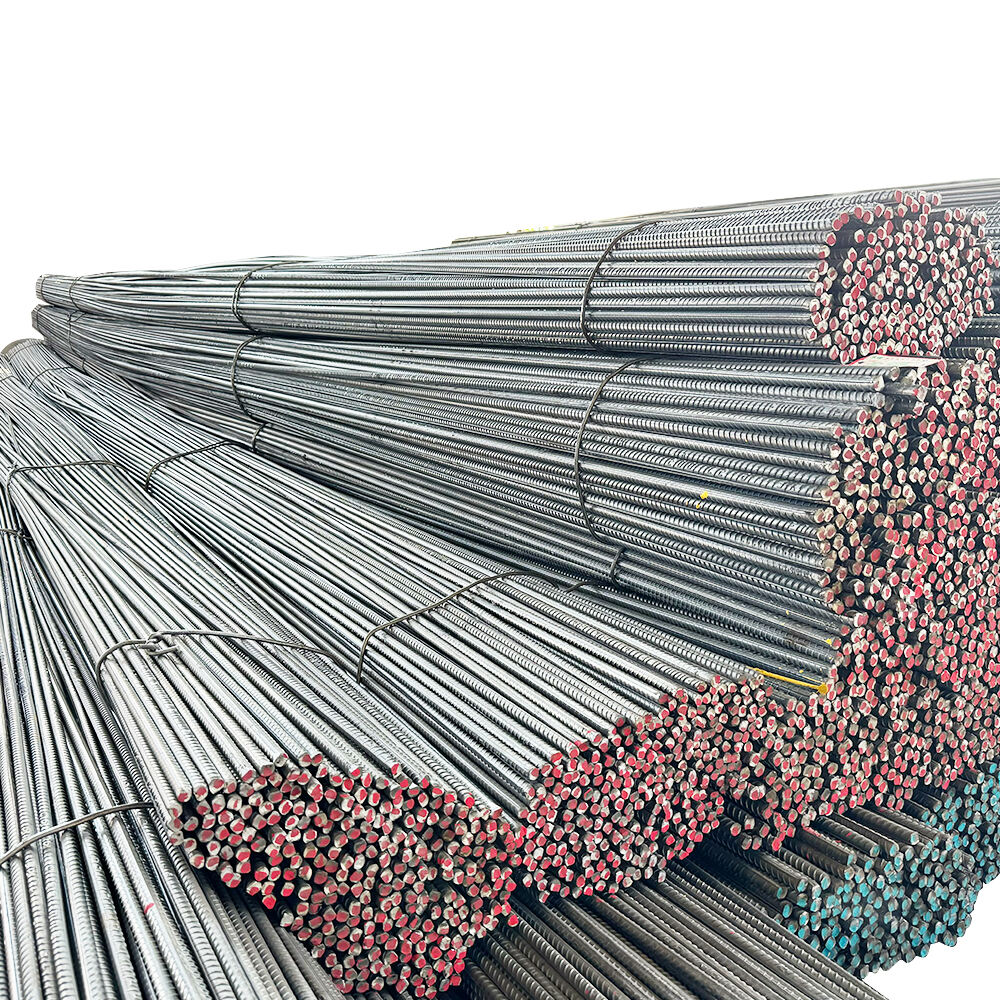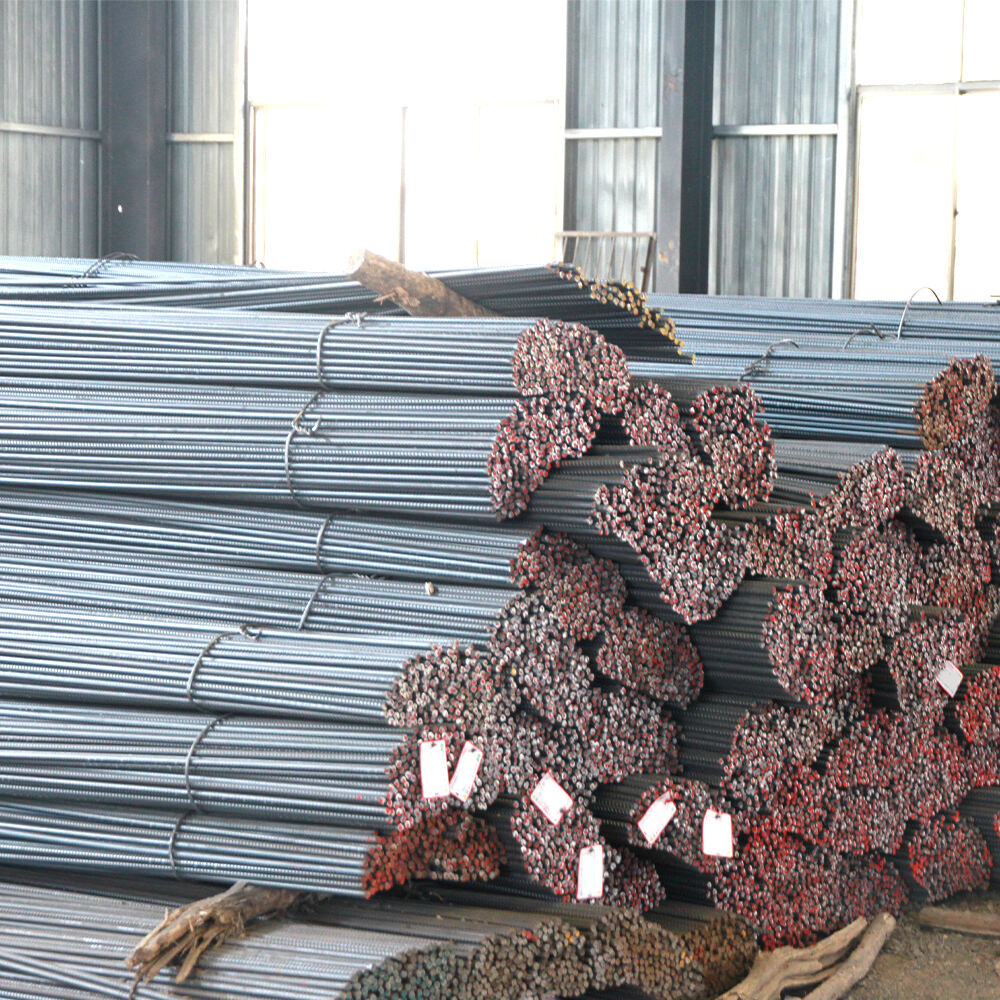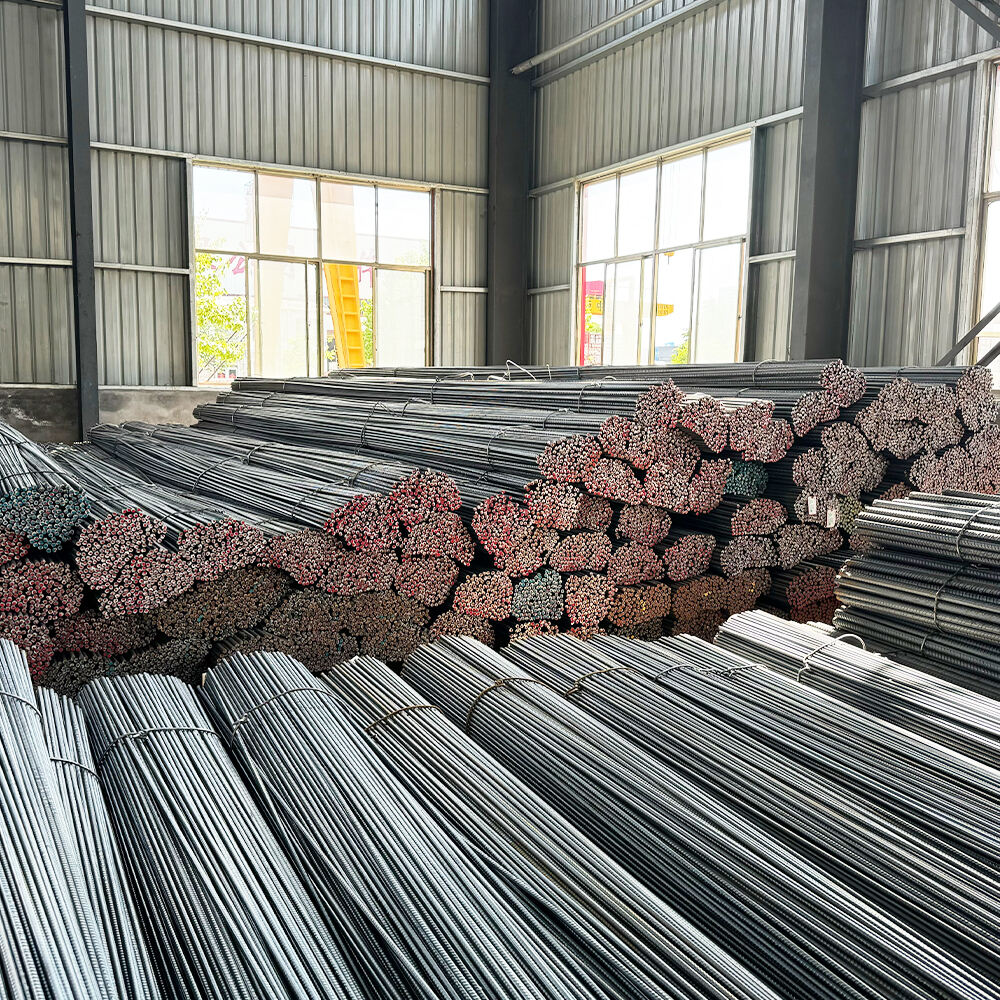concrete rebar
Concrete rebar, also known as reinforcing steel bar, is a crucial component in modern construction that fundamentally enhances the structural integrity of concrete structures. This essential building material consists of steel bars or mesh of steel wires used as tension devices to strengthen and aid concrete under tension. The primary function of rebar is to provide the tensile strength that concrete inherently lacks, creating a robust composite material that can withstand various types of stress and load. Modern rebar is manufactured with precise specifications, featuring ridges or patterns on its surface that ensure optimal bonding with concrete. The technology behind rebar production has evolved significantly, now incorporating various treatments and coatings to enhance corrosion resistance and durability. Rebar is available in different grades, sizes, and configurations to meet specific construction requirements, from lightweight residential projects to heavy-duty infrastructure developments. Its applications span across numerous construction sectors, including foundations, bridges, highways, buildings, and marine structures. The strategic placement of rebar within concrete structures is carefully engineered to maximize structural strength while maintaining cost-effectiveness. This versatile material has become indispensable in contemporary construction, enabling the creation of safer, more durable, and increasingly ambitious architectural projects.


